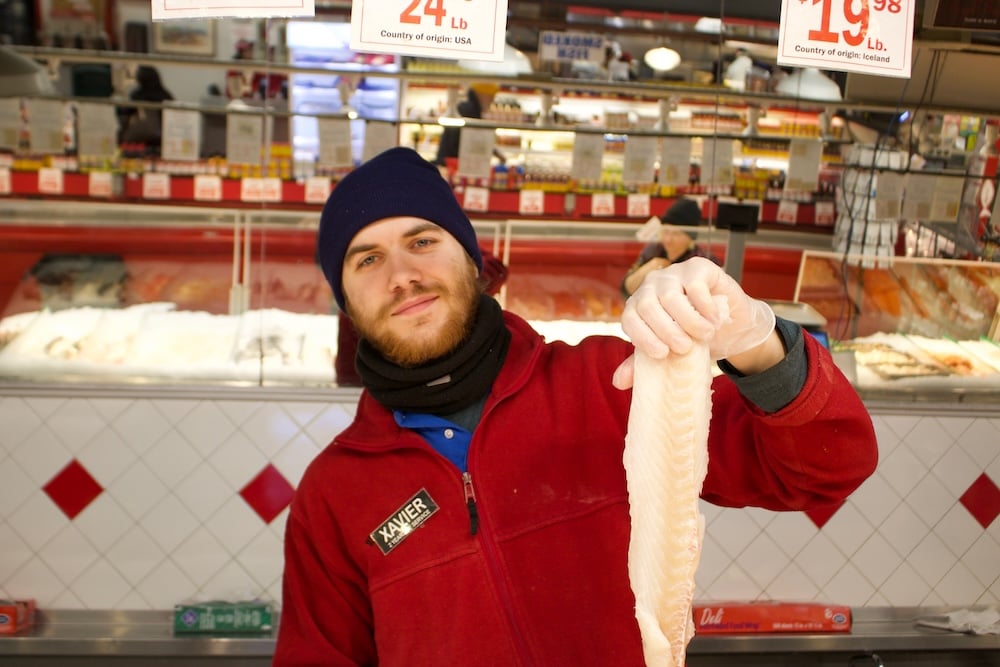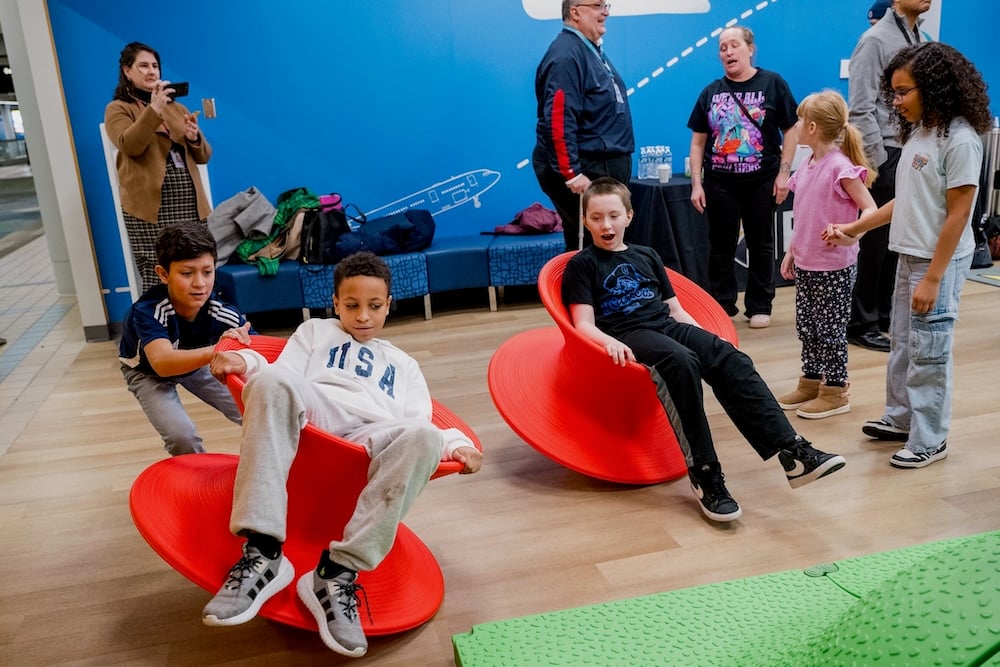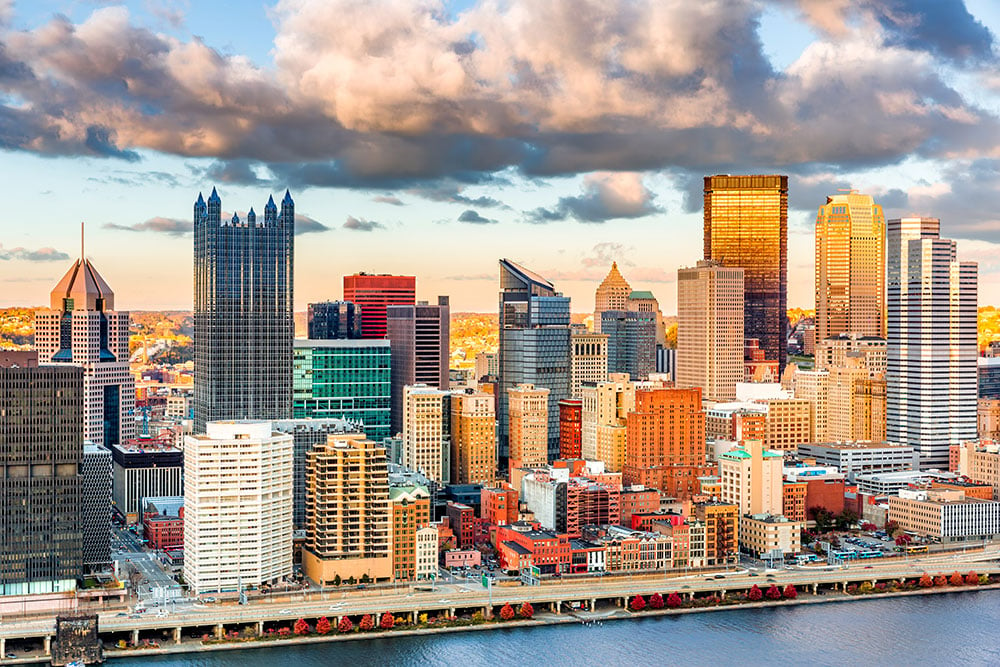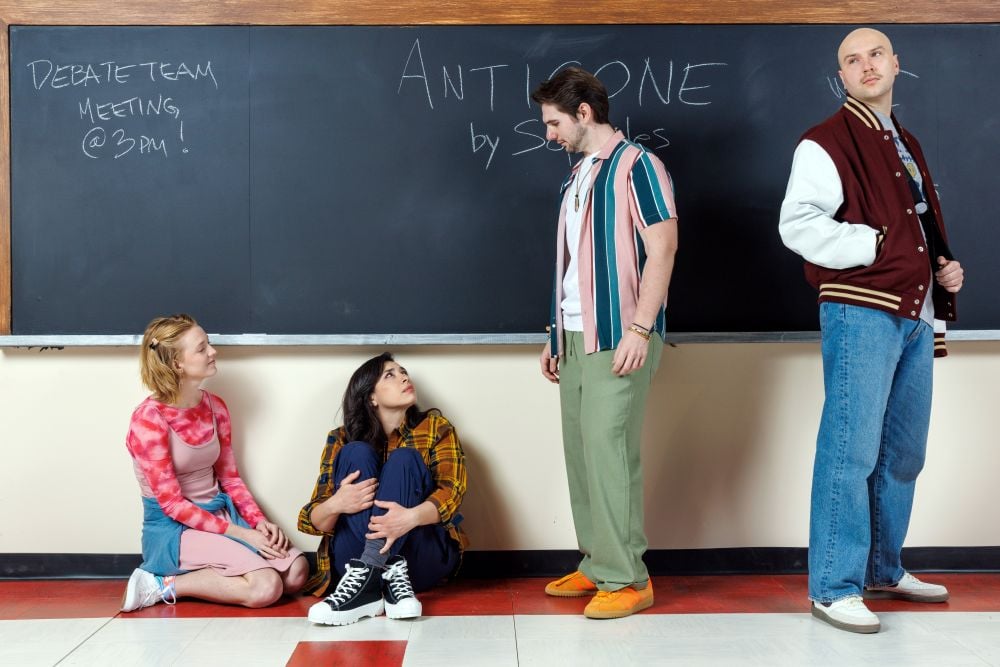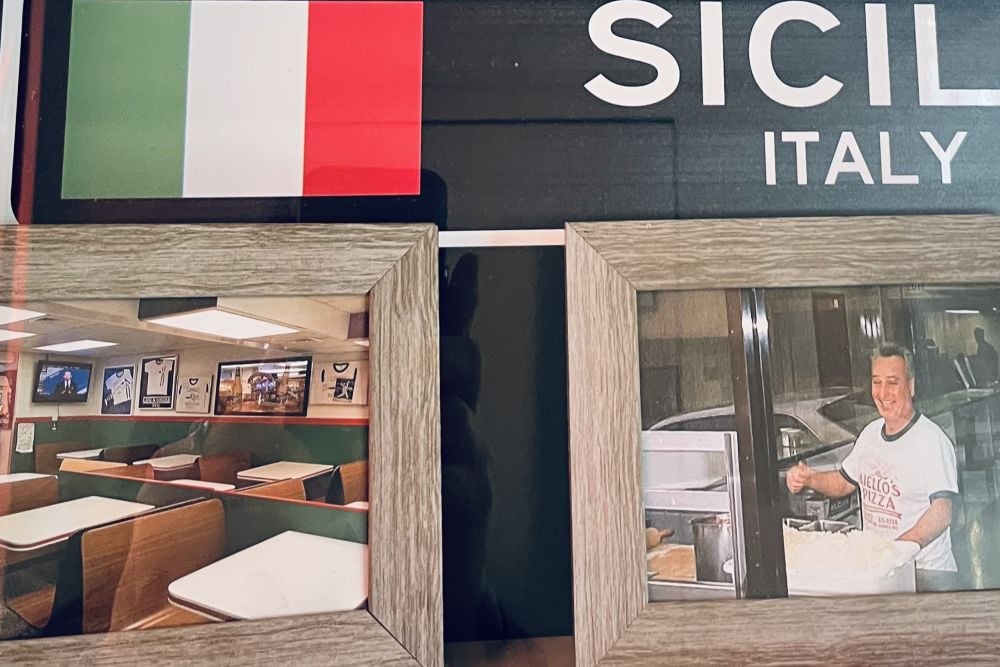Gov. Shapiro Announces Grants to Spur $600 Million Investment to Revitalize Downtown
The state commits $62.6 million that will jump-start conversion of seven buildings into housing and other improvements in the Golden Triangle.

A RENDERING OF THE STREET VIEW OF THE ICONIC GULF TOWER ON GRANT STREET, SLATED FOR A CONVERSION INTO HOUSING, LUXURY HOTEL AND RESTAURANT AND BAR. | RENDERING COURTESY OF LEFT LANE
Pennsylvania Gov. Josh Shapiro came to Pittsburgh on Oct. 25 to announce an infusion of $62.6 million in state funding aimed at bolstering a 10-year revitalization strategy for Downtown.
The funding spurs more than $600 million in investment by county and city governments, private companies and nonprofits to support a range of projects to convert seven buildings into mixed housing, renovate public spaces and invest in local businesses.
“This is the most important, pivotal day in Pittsburgh history,” Shapiro said during a press conference with other dignitaries at the Eighth Street Block, one of the public spaces targeted for revitalization under the strategy. “We need a strong and vibrant Downtown to have a strong and vibrant Commonwealth of Pennsylvania.
“We’re creating more housing, attracting more people to live Downtown. We’re investing in our public parks and public spaces so more people want to spend time Downtown, and we’re making sure that Downtown is clean and safe, where everyone has the opportunity to succeed and the freedom to chart their own course.”
Among the support, the City of Pittsburgh is committing $22.1 million through the Urban Redevelopment Authority and a broad coalition of private sector leaders and regional foundations have committed more than $40 million.
The funding helps jump-start seven Downtown housing projects that will add 1,000 units to the Golden Triangle, Shapiro said. One-third of those units will be designated as affordable.
The projects are “shovel-ready,” he said, and will revamp some buildings that are largely vacant, such as the iconic Gulf Tower and the YWCA building on Wood Street.
The state funding includes a $10 million commitment through the Redevelopment Capital Assistance Program that will go toward a $200 million mixed-used conversion of the Gulf Tower, known for its multicolored weather beacon on top.
The project on the 44-story Art Deco Gulf Tower on Grant Street — built in 1932 — will feature street-level retail, an all-day bar and restaurant, a 126-key luxury hotel — Hotel Bardo Pittsburgh — and 225 upscale apartments. Of these, 27 housing units will be reserved for workforce housing, providing affordable living options for residents earning up to 80% of the area’s median income, which is approximately $56,640 for a one-person household.

A RENDERING OF THE GULF TOWER CLUB, WHICH WILL BE INCLUDED IN THE CONVERSION OF THE GULF TOWER. | RENDERING COURTESY OF LEFT LANE
The centerpiece of this project will be Hotel Bardo Pittsburgh, the second location of the developer’s luxury brand; the flagship is in Savannah, Georgia. It opened in February 2024 and quickly was named by Travel + Leisure and Condé Nast Traveler as one of best new hotels in the world.
“The Gulf Tower has long been a symbol of Pittsburgh’s resilience and ingenuity,” said Andy Bernard, partner and chief investment officer of real estate developer LEFT LANE, in a statement. ”We’re creating a beacon of luxury hospitality and culture in the heart of the city that will inspire investment, attract talent and support Pittsburgh’s growing tech and creative economies.”
These housing conversions are expected to be completed by 2028. The projects also are expected to create 3,500 construction jobs over the next four years. Beyond the Gulf Tower, here are the other planned conversions, according to the governor’s office:
- City Club Apartments: Building a 294-unit residential complex at the site of the former YWCA headquarters, which will include new restaurant and retail space for Downtown residents and visitors.
- The Porter: Converting an office complex into 165 new residential units and preserving street-level retail space along Grant Street.
- 933 Penn Avenue: Converting an office complex into 70 new residential units with an accompanying street-level commercial space.
- Smithfield Lofts Building: Converting unused offices into 46 new residential units, with additional improvements to the remaining office space.
- First and Market: Converting a former office complex to become a 93-unit affordable apartment building.
- May Building: Preserving 86 existing apartment units.
Among other projects, the state is giving funding to “breathe new life” into a three-pronged Vision Plan for public spaces introduced in June to bring more vibrancy to Downtown. The plan calls for improvements to Point State Park, Market Square and the Eighth Street Block.
At the time of that announcement — put forth by the city, county and Allegheny Conference on Community Development — the plans were more “aspirational,” with little funding in place. Now $85 million has been committed from public, private and foundation sources.
For example, the state commits $25 million toward improvements to Point State Park, particularly in the “front yard” — the Gateway Center side of the Portal Bridge. Among amenities to be added: children’s play areas, a running track, new lighting and outdoor cafes to make the park a more active place, rather than passive. In later phases, basketball and tennis courts and a dog park could be added, Shapiro said.
The first phase of the improvements to Point State Park will be finished by 2026, Shapiro said, where it’s expected to be a hub of activity for the NFL Draft. “I know the Rooneys are gonna throw one hell of a party, and we are excited to be partying with them,” he said.
Among other announcements:
- The three professional sports teams — the Steelers, Penguins and Pirates — have committed funds to pay for two additional police officers to patrol Downtown to improve safety.
- The Pennsylvania Council on the Arts has committed $400,000 to designate Downtown as a “creative community” for the next four years. “I want you to know that this is the largest creative community investment that the Commonwealth has ever made,” Shapiro said. This funding will be matched with local nonprofits and other groups to create artist residencies and various programs.
- More help will be provided to bolster small businesses Downtown. With support from the Hillman Foundation, along with tax credits from the state Department of Community & Economic Development and the Pittsburgh Downtown Partnership, “we will revive its small business support program to create more opportunities for homegrown entrepreneurs,” Shapiro said.

